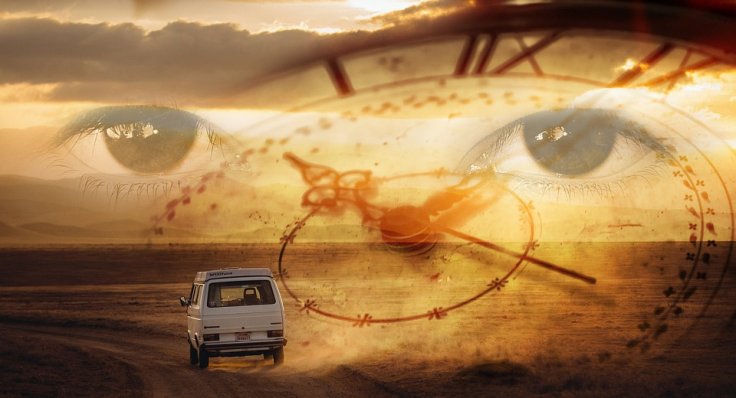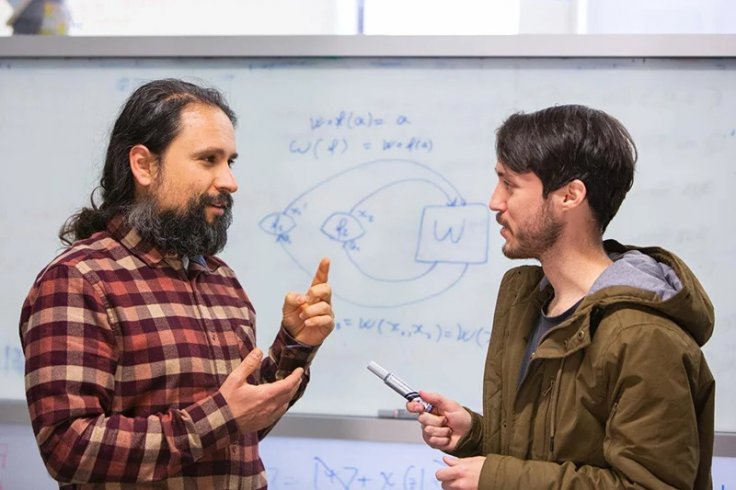Whether time travel will be physically possible or not, the phenomenon has attracted many scientists to devote a lot of time. Many have come to the conclusion that even if it's possible there would be a lot of paradoxes to deal with.
As for creative minds, they have stretched imaginations through various movies like Back to the Future and Terminator among others and TV series like Dark, concluding that playing with the fabric of time could be catastrophic.
However, a physics student has mathematically proven that time travel is possible without any paradoxes. Germain Tobar from the School of Mathematics and Physics at the University of Queensland, Australia says that he has "squared the numbers" that will enable time travel without any known paradoxes.

How to Avoid Paradox?
A paradox is a self-contradictory statement that despite its valid reasoning could be proven unacceptable. In time travel, there are several paradoxes that make the phenomenon nearly impossible. There are grandfather paradox, bootstrap paradox and Fermi paradox that are some of the notable ones.
Tobar's professor Dr Fabio Costa from the Center for Engineered Quantum Systems in the School of Mathematics and Physics at the University of Queensland takes the example of a virus. Imagine, you traveled in time to stop a virus from spreading. If you stop the patient zero from getting infected by the virus, then you don't need the motivation to travel through time. Thus, it creates a new paradox.
"Classical dynamics says if you know the state of a system at a particular time, this can tell us the entire history of the system. However, Einstein's theory of general relativity predicts the existence of time loops or time travel – where an event can be both in the past and future of itself – theoretically turning the study of dynamics on its head," Tobar said.
'Spacetime Will Adjust Itself'
But Tobar's maths prove that it will eliminate the paradox as the virus would still spread through a different route. The Tobar-Costa duo says that non-random deterministic processes can influence an arbitrary number of regions in the space-time continuum. They added that closed time-like curves — what Albert Einstein proposed in his theory of general relativity — could fit in with the rules of free will. So, you can still stop the virus from spreading but somehow it still spreads.

According to Einstein's theory which was later proved by famous mathematician Kurt Godel, "time-like curves are any paths through space that are permitted for massive particles" whereas "closed time-like curves are any paths that end up back where and when they started." It means that closed time-like curves are time loops that can allow time travel.
Tobar and Costa combined Einstein's theory of relativity, Godel's theory of closed time-like curves and their mathematical model to prove that time travel will be possible without any paradoxes. Their research which was published in Classical and Quantum Gravity explained that combining quantum physics and general relativity could lead to spacetime losing its classical properties that physics is based on. Hence, it will lead to indefinite causal structures and spacetime will adjust itself to avoid any paradoxes.
"Try as you might to create a paradox, the events will always adjust themselves, to avoid any inconsistency. The range of mathematical processes we discovered show that time travel with free will is logically possible in our universe without any paradox," said Dr Costa, who supervised the research.









